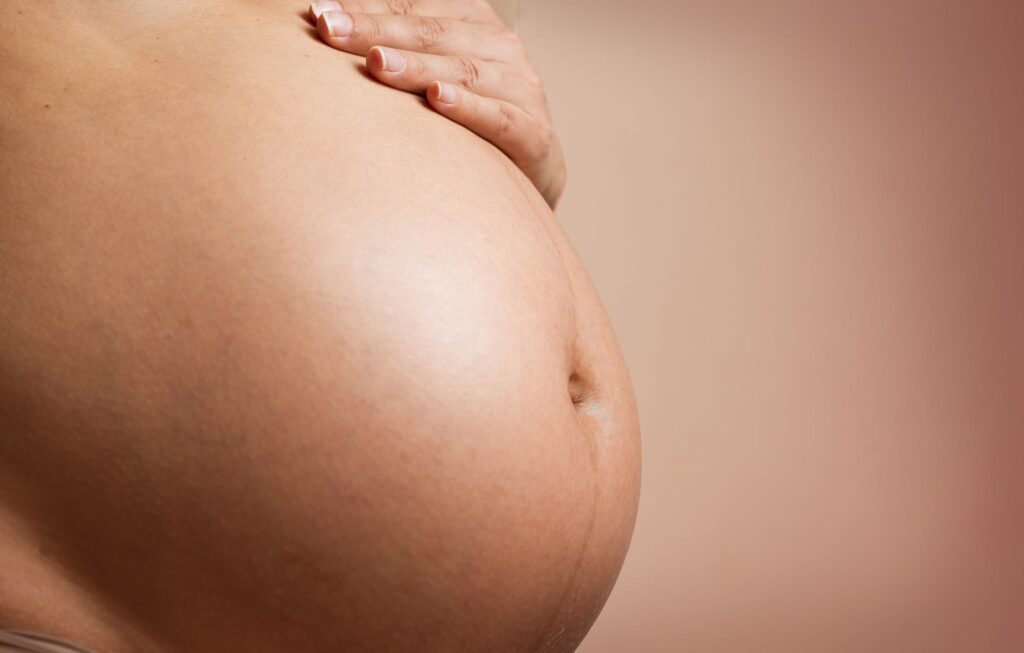
Introduction
You may be feeling a lot of emotions right now: joy, excitement, fear. But it’s important to know that it’s not uncommon for new mothers (or expectant mothers) to experience postpartum depression and anxiety. In fact, 10 percent of women will experience PPD in the first year after giving birth. Dr. Nadine Haddad suggests, this is a serious condition that can lead to feelings of sadness, anxiety or anger; loss of interest in life or activities you used to enjoy; suicidal thoughts—even if only fleeting; extreme fatigue or lack of energy; changes in appetite or sleep patterns—either too much or too little; feelings of guilt over something you did during your pregnancy (like drinking alcohol) because you’re worried something might have happened while you were pregnant that could have contributed to your child developing autism spectrum disorder (ASD).
What is Postpartum Depression?
Postpartum depression (PPD) is a type of depression that can occur after childbirth. It’s a serious medical condition that requires treatment and needs to be taken seriously. PPD is not the same as the “baby blues,” which many new mothers experience in the first few days after giving birth–and which typically resolve on their own within two weeks.
PPD symptoms include:
- intense feelings of sadness, guilt or worthlessness;
- irritability with your baby or others;
- changes in sleep or eating patterns;
How to Recognize the Signs and Symptoms of PPD
- Depression
- Anxiety
- Irritability
- Impaired concentration
- Changes in sleep patterns (trouble falling or staying asleep)
- Feelings of guilt and shame
- Loss of interest in activities you once enjoyed, including sex If you are experiencing any of these symptoms, it’s important to talk with your doctor right away.
Is Postpartum Depression Dangerous or Life-Threatening?
Postpartum depression is not a life-threatening illness, but it can be dangerous if it’s not treated.
When you’re depressed, you may harm yourself or attempt suicide. Depression also puts you at risk for self-harm–intentionally injuring yourself without intending to die as a result of your actions (for example: cutting).
How is PPD Treated?
PPD is not a condition that requires you to be hospitalized. However, it can be serious and even life-threatening if left untreated. Treatment options include:
- Medication: Anti-depressants may help with symptoms of PPD, but they’re not recommended for use during pregnancy or breastfeeding.* Psychotherapy: A therapist can teach you how to cope with your feelings in a healthy way and make sense of what’s happening in your life.* Other treatments: Some women find relief by taking part in activities like yoga or meditation; others find comfort in connecting with other mothers who have experienced PPD.* Finding the right treatment for you: If medication doesn’t seem like an option, talk with your doctor about other ways that might help ease your symptoms
What about Forgiveness?
You may feel like you can’t forgive right away. You might think that forgiveness requires a certain amount of time, or that it is something you should be able to do on your own.
Forgiveness is a process and not an event. It’s important to remember that forgiveness is for yourself and not necessarily for the person who hurt you in the first place. It’s okay to ask for help during this time if it feels overwhelming or difficult–you don’t have to do everything alone!
Conclusion
If you think that you or someone you know may be experiencing PPD, it’s important to seek help from a licensed health care provider. He or she can discuss the symptoms with you and help determine if treatment is needed. If so, they will work with other specialists who can treat this condition effectively and safely.